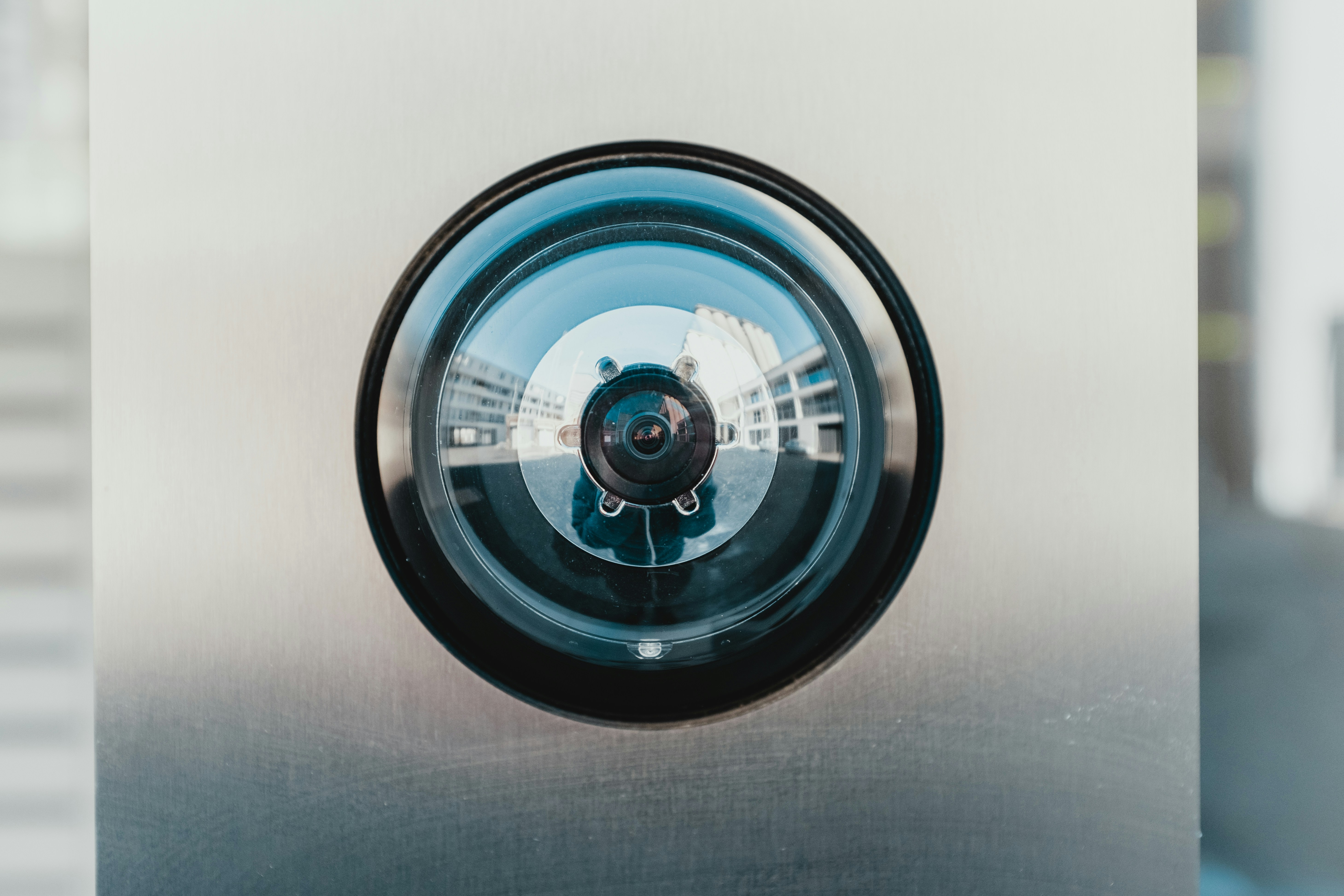How to Detect Hidden Cameras and Protect Your Privacy?
Concerned about hidden cameras invading your privacy? With today’s advanced surveillance technology, maintaining personal security is more important than ever. From common hiding places to using specialized detection tools, this guide provides everything you need to stay safe and protect your personal space.

Understanding Hidden Cameras
Hidden cameras are discreet devices designed to capture video or audio without being noticed. They are often used for surveillance but can also be misused for unethical purposes, such as invading personal privacy.
These devices come in various forms, including mini spy cameras, wireless options, and even disguised objects like smoke detectors or clock radios. Modern hidden cameras are small, wireless, and can operate remotely, making them harder to detect. They can be found in public spaces, rental properties, or even workplaces.
Recognizing the risk is the first step toward protecting yourself. Being proactive about detecting hidden cameras ensures your privacy is respected, whether at home or traveling.
Identifying Common Hiding Spots
Hidden cameras are often placed where they can capture maximum activity without being noticed. Here are some typical hiding spots:
- Electronics and Appliances: Cameras can be embedded in televisions, smoke detectors, or air purifiers.
- Furniture and Decor: Watch for unusual holes or lenses in picture frames, clocks, or mirrors.
- Outlets and Chargers: Chargers or USB adapters may house mini spy cameras.
- Bathrooms and Bedrooms: Pay close attention to shelves, towel racks, and other fixtures.
When entering a new space, conduct a visual scan for anything unusual or out of place. Suspicious wires, blinking lights, or reflective surfaces may indicate a hidden camera.
Using Tools to Detect Hidden Cameras
While a thorough visual inspection is helpful, using specialized tools enhances your ability to spot hidden cameras.
- Hidden Camera Detectors: These handheld devices scan for wireless signals and camera lenses. They are easy to use and provide quick results.
- Smartphone Techniques: Modern smartphones can detect infrared light, often emitted by cameras. Simply point your phone’s camera at suspicious areas and look for unusual glows.
- Signal Detectors: Many hidden cameras operate wirelessly, and signal detectors can locate their transmission frequencies.
- Flashlights and Reflections: A simple flashlight can reveal camera lenses hidden behind surfaces. Shine the light and look for reflections.
Investing in detection devices can provide an extra layer of security, especially for frequent travelers or those in rented spaces.
Hidden Camera Detectors: Worldwide Options
Hidden camera detection has become a global concern, with various companies offering advanced solutions. Here are some recommended providers:
| Product | Provider | Features | Estimated Price |
|—————————–|————————|————————————–|————————–|
| SpyFinder Pro | BrickHouse Security | Compact, portable, lens detection | $149–$199 |
| RF Signal Detector | KJB Security Products | Detects wireless transmissions | $99–$149 |
| Anti-Spy Hidden Camera Finder | Amazon | Multi-functional, budget-friendly | $30–$50 |
| LawMate RD-30 | SpyTec | Professional-grade, wide frequency range | $250–$350 |
Tips for Protecting Your Privacy
- Inspect New Spaces: Perform a detailed inspection of any rental or unfamiliar property.
- Use Detection Apps: Some smartphone apps can detect wireless signals emitted by cameras.
- Disable Unknown Devices: Use your network settings to identify and disconnect unauthorized devices.
- Cover Vulnerable Areas: Place covers over cameras in your devices when not in use.
- Educate Yourself: Stay informed about new surveillance technology and how to counter it.
Conclusion
Detecting hidden cameras is an essential skill in today’s privacy-conscious world. By combining awareness, simple tools, and advanced detection devices, you can protect your personal space and maintain peace of mind. Whether at home, traveling, or in public spaces, proactive measures ensure your privacy remains intact.




